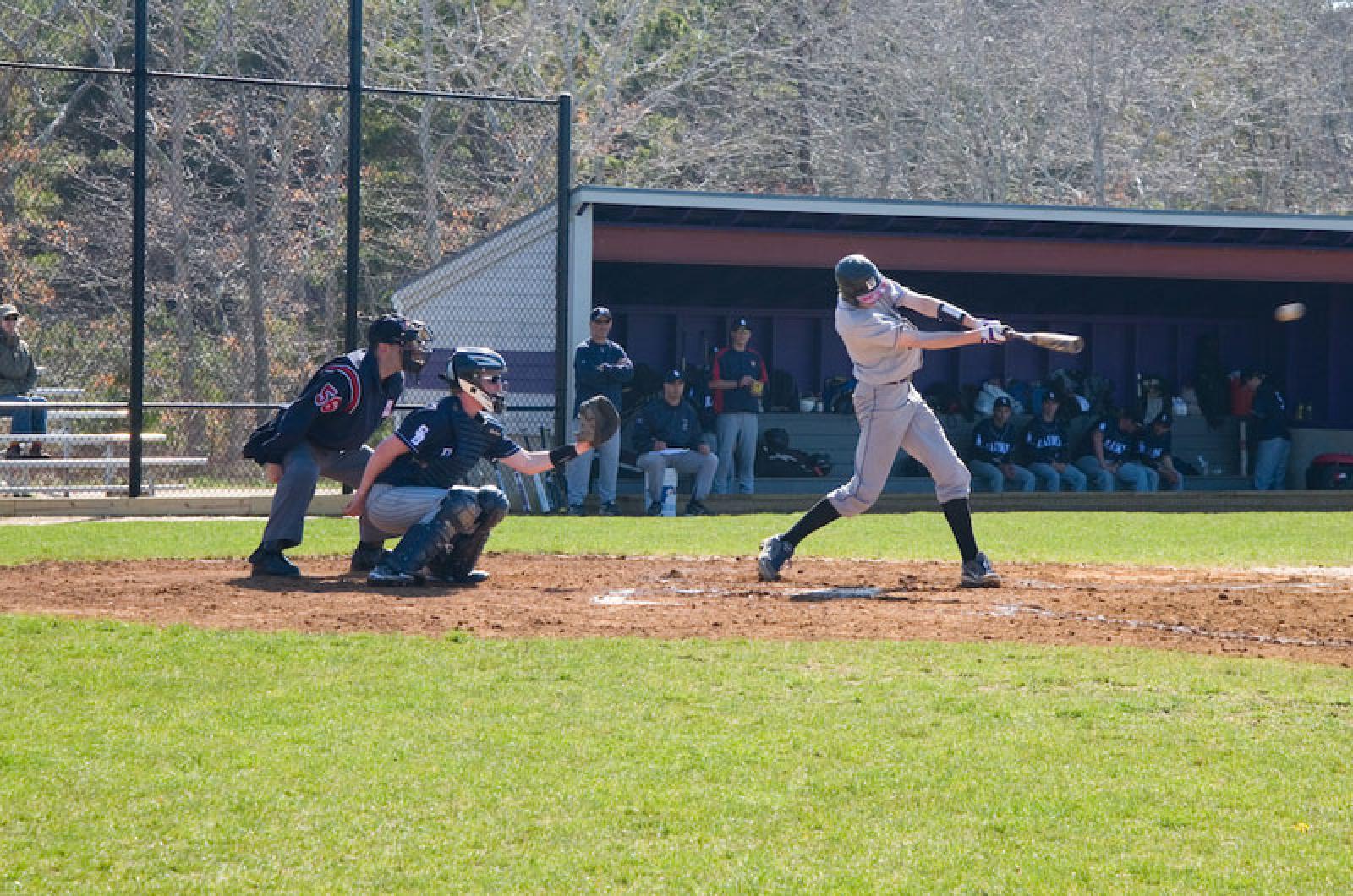October, 1960: It was a time of optimism. (How quaint, but how refreshing.) It was a time when change actually looked like it was going to happen — and not for the worse. Apple carts stood ready to be upset. Tradition was in for a bumpy ride. And I drank the Kool-Aid.
The previous month I had left my home and family 2,000 miles away for college on the East Coast. A teenager who had never even spent time in an overnight camp was flying off into a new sun hoping to avoid the fate of Icarus. I flew across country when airlines served meals, people were courteous, discussions were civil, a nation divided was not polarized. I had entered a new time zone in every sense.
On the horizon was a new U.S. Presidency. About to turn 70, Dwight Eisenhower was in the final days of his time in the White House. He was going to be replaced by someone young enough to be his son. Both candidates, John F. Kennedy and Richard M. Nixon, were in their 40s. A new generation was on the verge. Anything was possible.
I felt it in my young bones that Kennedy could defeat Nixon. It may be by a whisper, but it would be a very loud whisper. And if that could happen, then why couldn’t the Pittsburgh Pirates beat the New York Yankees in the World Series?
Well, maybe JFK had a snowball’s chance, but Pittsburgh? No way, claimed just about every guy in my quad of five dorms, just about every guy being a New York sports fan.
When it came to baseball, the 1960 New York fan didn’t have much of a choice anymore. The Dodgers had left for LaLaLand, the Giants had gone to San Francisco, and the Mets had not been born yet. When it came to root-root-rooting for the home team, there were only the boys in pinstripes, the dynasty of world champions. Up to the 1960 series, the Yankees had won 18 crowns. The Pirates had won two, the last one in 1925. In 1927, they faced the Yankees of Babe Ruth, Lou Gehrig and Waite Hoyt and got blown out of the park in four straight games. In 1960 they faced the Yankees of Mickey Mantle, Roger Maris and Whitey Ford. And these were the Pirates of Roberto Clemente, Vern Law and Bill Mazeroski.
It was in my nature to root for the underdog. Time for new thinking, thinking outside the box before there even was a box. Another feeling in my young bones said it was blue-collar Pittsburgh’s time. New York glamour be damned. Wagering spread through the five dorms until there was a pool of $2,800. Alone at the deep end of the pool, I took the Pirates in seven games. I was humored and pitied. Then again, coming from Colorado, I was also exotic.
What happened in that World Series between October 5-13 was a fairy tale. It was the seesaw of all seesaws. New York took the second, third and sixth games, clobbering their opponent 16-3, 10-0 and 12-0. But I was still in the game because the Pirates had taken the first, fourth and fifth 6-4, 3-2, 5-2. My quad-mates pointed out my team so far was outscored 46-17. But this wasn’t football.
On that October 13 afternoon, a bunch of us gathered around the only TV set in my dorm. The deciding game 7 took place at old Forbes Field, the Pirates’ former stadium. There was not a single strikeout in this game that used nine pitchers. But there was drama and injuries galore. Going into the bottom of the 8th, the Yankees led 7-4. They were six outs away from clinching another crown. Then all hell broke loose. The score was 9-9 in the ninth.
Leading off the bottom of the 9th, second baseman Bill Mazeroski, known more for his fielding than hitting, was called “the Van Gogh of his genre.” Ralph Terry was the Yankees’ fifth pitcher of the day. His first pitch was out of the strike zone. But the second pitch came over on a silver platter. Mazeroski hit a thing of beauty, a joy forever.
Mazeroski’s hit is still the greatest walk-off homer (a game-ender) in World Series history. At 3:37 p.m. the mammoth blast sailed over the head of left-fielder Yogi Berra, over an 18-foot wall at least 430 feet from home plate. Terry followed the ball with glazed eyes, dropped his glove and walked off the mound. The Pirates went wild. The fans went wild. All of Pittsburgh went wild all night long. Not too many in that city that night saw Kennedy again best Nixon in the third of four debates.
My classmates looked at me as if I had been jabbing pins into a Ralph Terry voodoo doll. The Pirates had won and the quad pool of $2,800 was mine. Tuition and room & board for the year came to $2,500. Freshman year was paid for. With the extra, I splurged and bought a used 1954 Chevy Bel Air. That cost $295. With what was left, I sprang for a glorious dinner for two at Buddy’s Sirloin Pit in Harvard Square.
Those were the days. Quaint, refreshing, optimistic. Anything was possible.
Arnie Reisman and his wife, Paula Lyons, regularly appear on the weekly NPR comedy quiz show, Says You! He also writes for the Huffington Post.




Comments (3)
Comments
Comment policy »